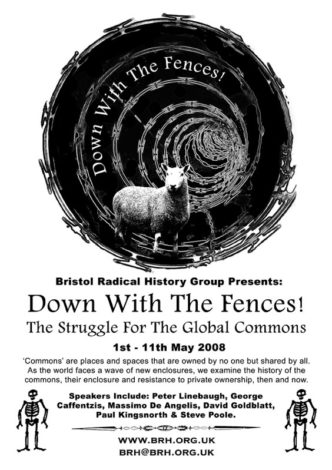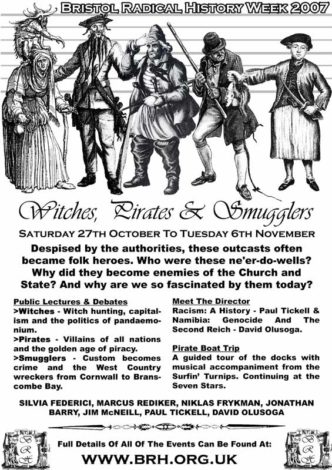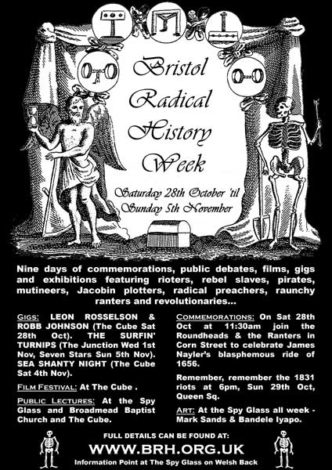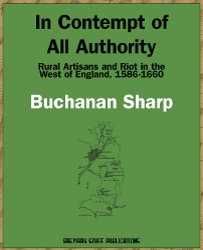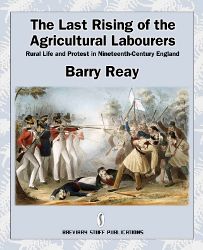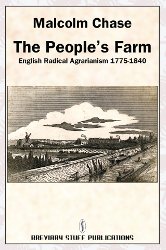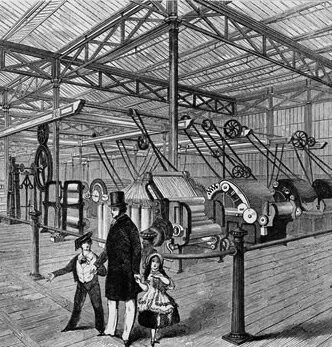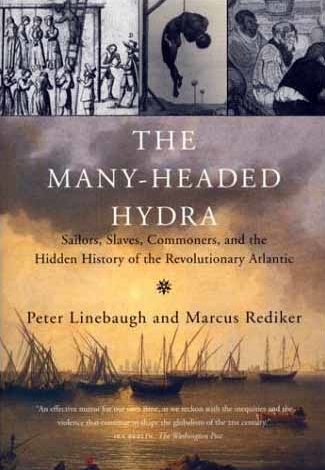Clipped Coins: John Locke's Philosophy Of Money Join George Caffentzis as he takes a sledgehammer to Locke’s economic theory, his philosophy and his reputation. Starting from the political crisis that arose from the ‘clipping’ of silver currency by 17th century monetary pirates, moving through Locke’s support for slavery and his active role in providing the philosophy that underpinned the rise of capitalism, Caffentzis’ critique provides useful ammunition in the ongoing war of ideas with […]
Liberties And Commons For All Think you know about the Magna Carta? Peter Linebaugh’s new book lifts the lid on the true importance of both the Magna Carta and its lesser known, but equally as important counterpart, the Forest Charter, which safeguarded the rights of the commoners. Ranging across the centuries, and from England to Asia, Africa and the Americas, Linebaugh shows us the contested history of Magna Carta — how the liberties it invoked were secured and (as today) violated, and how […]
Custom Becomes Crime, Crime Becomes Culture: The Sea Related Informal Economies From Feudalism To Capitalism - Trevor Bark Troublemaker and academic from the North East, Trevor is on the editorial board of Capital and Class. He is an expert on the social history of crime and author of papers such as 'Crime becomes Custom, Custom becomes Crime'. This talk describes the inter-related nature of the sea based informal economies through time, and in the process drawing out important characteristics. […]
Magna Carta And The Commons Magna Carta And The Commons. Or, How Bad King John Pretended to Launch a Crusade against Islam in order to better Conceal his Robbery of the People's Hydrocarbon Energy Resources which at the time (1215-17) took the form of Woodlands; and, Whether the Hydrocarbon Energy Resources which in our day (2006) take the form of Petroleum can be Restored to the "communa tocius terre," or not. We may propose three methods of interpreting Magna Carta: in a word, the legal, the […]
Two of the most common types of popular disorders in late Tudor and early Stuart England were the food riots and the anti-enclosure riots in royal forests. Of particular interest are the forest riots known collectively as the Western Rising of 1626-1632, and the lesser known disorders in the Western forests which took place during the English Civil War. The central aims of this volume are to establish the social status of the people who engaged in those riots and to determine the social and […]
The Hernhill Rising of 1838 was the last battle fought on English soil, the last revolt against the New Poor Law, and England’s last millenarian rising. The bloody ‘Battle of Bosenden Wood’, fought in a corner of rural Kent, was the culmination of a revolt led by the self-styled ‘Sir William Courtenay’. It was also, despite the greater fame of the 1830 Swing Riots, the last rising of the agricultural labourers. Barry Reay provides us with the first comprehensive and scholarly analysis of the […]
‘By a Flash and a Scare’ illuminates the darker side of rural life in the nineteenth century. Flashpoints such as the Swing riots, Tolpuddle, and the New Poor Law riots have long attracted the attention of historians, but here John E. Archer focuses on the persistent war waged in the countryside during the 1800s, analysing the prevailing climate of unrest, discontent, and desperation. In this detailed and scholarly study, based on intensive research among the local records of Norfolk and […]
This book traces the development of agrarian ideas from the 1770s through to Chartism, and seeks to explain why, in an era of industrialization and urban growth, land remained one of the major issues in popular politics. Malcolm Chase considers the relationship between ‘land consciousness’ and early socialism; attempts to create alternative communities; and contemporary perceptions of nature and the environment. He concludes that, far from being an anachronistic, utopian, and reactionary […]
Available as a PDF file here. Another famous, readable and ground-breaking paper by Thompson, this time looking at the imposition of work discipline in the transition to industrial capitalism. He charts the change from the task orientated work of the craftsman/labourer to the division of labour in the '(manu)factory' and the consequent resistance. The use of supervision, fines, wage incentive, preaching, schooling, the suppression of fairs and sports and of course, bells and clocks to form and […]
Brilliant work charting the misunderstood and misrepresented history of the Atlantic proletariat during the rise of mercantile capitalism. Breaks out of the limits of the nation state set by previous social history and examines the struggles of slaves, sailors and commoners across the Atlantic from the old world to the new. (BRHG)
